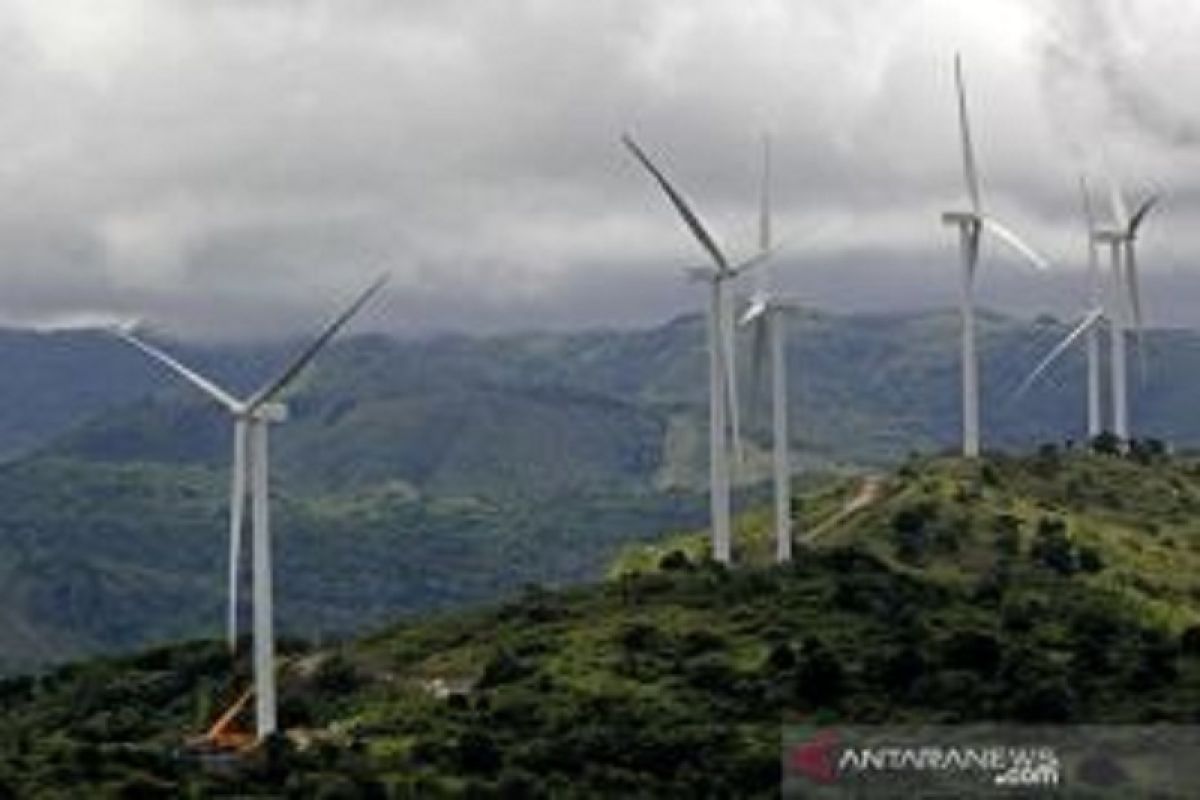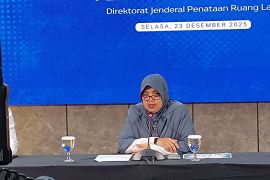"We expect that the study's findings will be beneficial to all stakeholders and input for Indonesia to meet its goal of having Net Zero Emission by 2060. We need to expedite the implementation of the MoU and thus can be recognized in the G20 Presidency and COP 27,” said Deputy Coordinating Minister for Forestry and Environmental Management Nani Hendiarti, here on Friday (Sept 9), as quoted by ANTARA through a press release received on Monday.
In 2021, Indonesia took decisive steps toward decarbonization. At COP26 in Glasgow, Indonesia affirmed its net zero targets and announced its ambition to accelerate the phase-out of coal in its power sector.
Against this backdrop, Indonesia must plan and begin to execute its economic transformation carefully to avoid destabilizing the financial system or slowing economic growth.
By assuming the G20 presidency in 2022, Indonesia is playing an increasingly important role in the international agenda and in the implementation of the transition to a low-carbon economy.
In the meantime, Agence Française de Développement (AFD), an inclusive public financial institution and the main actor of France's official development assistance, has been supporting Indonesia in the implementation of its climate policy for several years.
It is continuing its support by collaborating with the ministry to implement a study to deepen the understanding and the risks associated with a low-carbon transition of the Indonesian economy.
AFD Regional Director for Southeast Asia, Jean-Pierre Marcelli, said that the project will contribute to emission reduction in Indonesia.
"By supporting Indonesian policymakers and regulators to be proactive in integrating climate transition risk into policymaking, this project will directly contribute to a reduction in the cost of achieving Indonesia's net zero target," he said.
This study will analyze the risks and opportunities associated with the country's transition to a low-carbon economy, as well as the development of methodologies and scenarios of transition-related risks in various major sectors of the Indonesian economy.
It will also support the Indonesian government in developing strategies and means to identify and manage climate-related financial risks.
Related news: Bappenas aims to add 1.8 mln green economy workers by 2030
Related news: BRIN intensifies low-carbon technology development
Related news: Industry Ministry and NEDO collaborate in electric vehicle development
Reporter: Katriana
Editor: Sri Haryati
Copyright © ANTARA 2022












